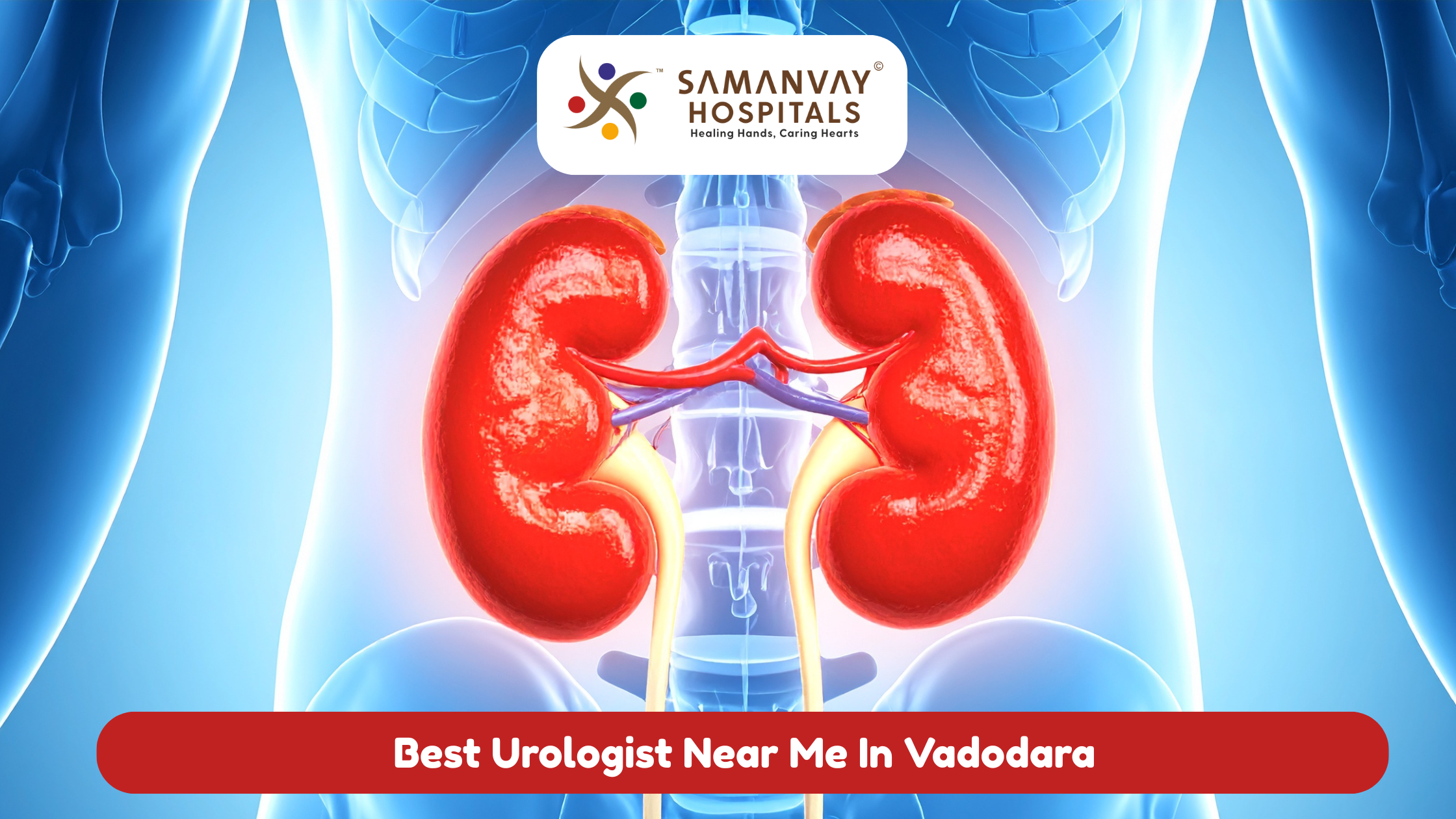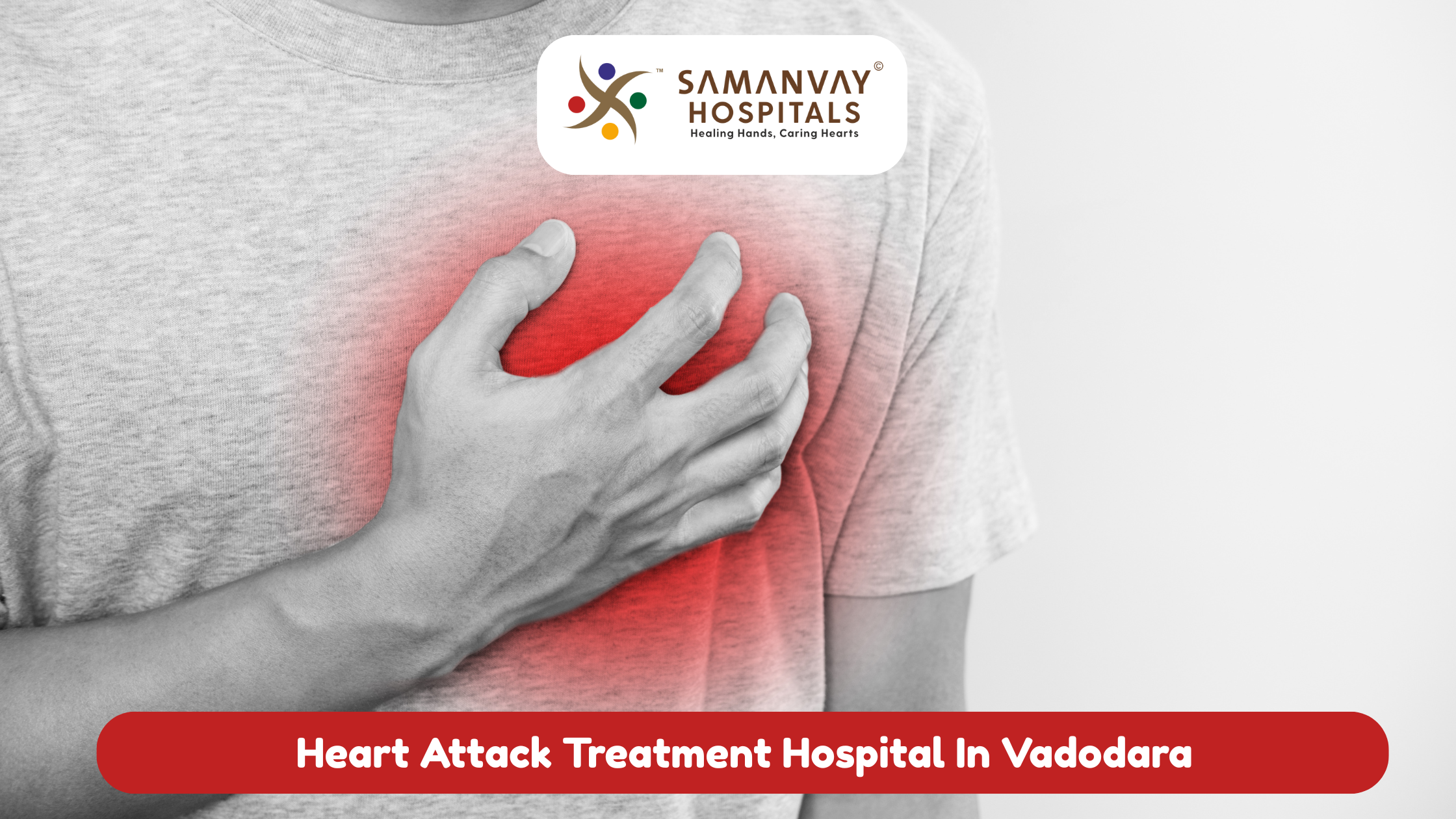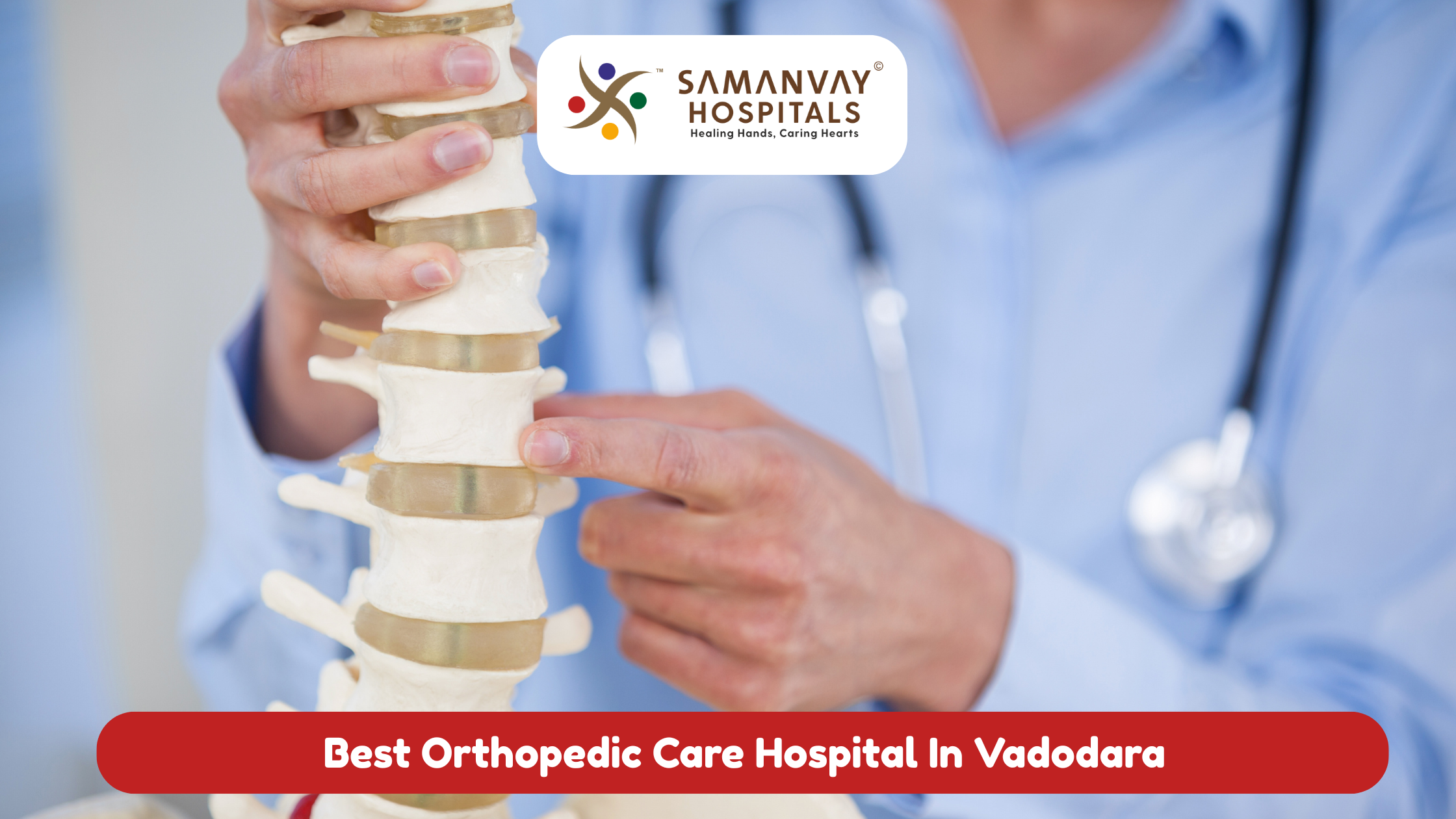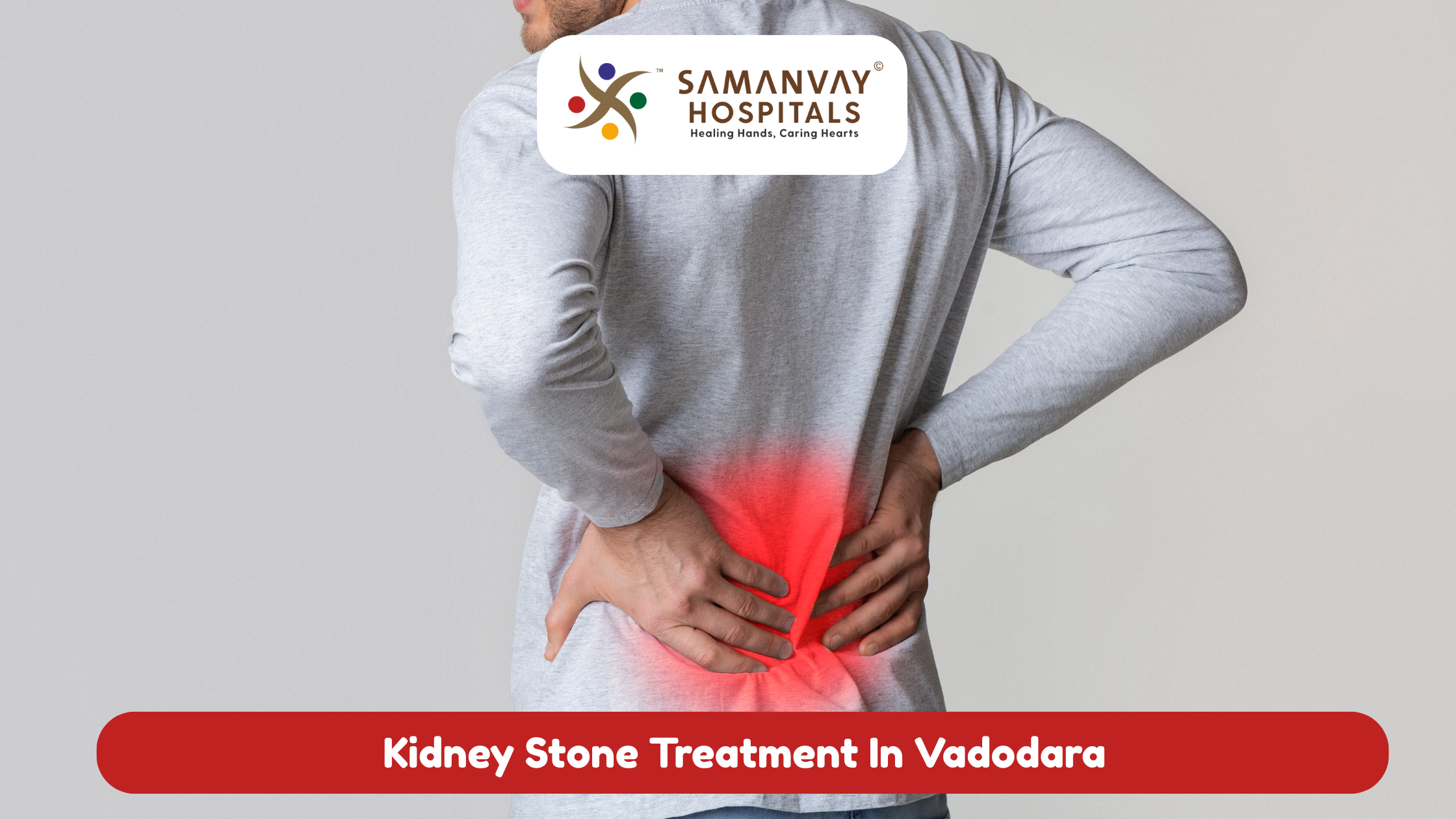
Hernia is a condition in which there is protrusion of an organ or tissue through a defect in the surrounding muscle or tissue. They may occur anywhere in the body. Various hernias, their symptoms and signs, and treatment are explained in this blog.
What is a Hernia?
A hernia is when part of an organ or tissue bulges through a weakness or hole. Hernias are uncomfortable or painful, although the symptoms are not typically experienced by most people. Hernias are deadly if not treated in certain circumstances.
Types of Hernias
There are many types of hernias, which happen in many parts of the body. The most prevalent of them are discussed below:
- Inguinal Hernia
The most common form is an inguinal hernia. It occurs in the lower abdomen and near the groin area. The shape of the hernia is more likely to occur in men due to a weak spot in the groin. A bulging lump and tenderness, especially on lifting or bending, are symptoms.
- Hiatal Hernia
Hiatal hernia is a result of the protrusion of the stomach portion into the chest via the diaphragm. Reflux of acid, heartburn, and chest pain result. The disorder must be treated by surgery in severe instances to repair the defect.
- Umbilical Hernia
Umbilical hernias are found near the navel. They are common in children but may also happen in adults, particularly after child birth or heavy lifting. They may sometimes not present with any swelling that is palpable other than at the navel.
- Femoral Hernia
Femoral hernias are less common but when intestine protrudes through the femoral canal of the groin. Femoral hernias more commonly occur in women. Pain or tenderness along the groove of the groin or symptom.
- Incisional Hernia
Incisional hernia is through an incision if the surgery was performed in the abdomen. The abdominal wall muscle can get weakened following a surgery and thus form a hernia. These hernias are possible at any location where incision has been performed.
Symptoms of Hernias
Hernia symptoms depend on the type and severity. Some of the symptoms are common:
- Visible swelling or bulge in the area
- Pain or discomfort, especially on bending or lifting
- Heaviness or pressure feeling in the groin or abdomen
- Heartburn or acid reflux (in hiatal hernias)
- Severe vomiting and nausea
Sometimes, hernias may be symptom-free, i.e., non-palpable. They are nevertheless risky, however, if left untreated.
Treatment of Hernias
Most hernias require to be treated according to their seriousness. The means to treat are:
- Watchful Waiting
Occasionally, if the hernia is small and not painful, doctors will recommend “watchful waiting.” That is, wait to see if the hernia worsens with time. But if it’s painful or uncomfortable, surgery must be done.
- Surgery
The most effective treatment for most hernias is repair surgery. Two types of surgery are commonly employed:
- Open Surgery: It is performed by incision near the hernia and repairing or meshing it.
- Laparoscopic Surgery: This is a minor surgery with little incision. A tube and instrument are put in to repair the hernia with the help of mesh.
Laparoscopy Recovery is quicker and less complicated compared to open surgery. The operation varies with the nature of the hernia and the patient’s overall health.
- Lifestyle Changes
Lifestyle modification can be possible in certain cases in avoiding the risk of hernia complication. This can be possible by avoiding the lifting of weights, weight reduction, and the management of certain chronic conditions like constipation. Small portions of food can also be possible as a method of avoiding acid reflux in patients undergoing hiatal hernias.
When to See a Doctor?
If you are sure that you have a hernia, you should see a doctor. Your doctor can diagnose and treat. If you have severe pain, vomiting, or tenderness of the hernia on palpation, you should see a doctor immediately because it may be strangulated hernia and surgery is indicated on emergency basis.
If you are looking for doctor clinic near me, make sure to choose a good medical center. You can even look for best hospitals in Baroda for best healthcare services.
How to Prevent Hernias?
Though hernias cannot be avoided, a few things will make it unlikely. Healthy weight, exercise on a regular basis, and non-smoking will keep the groin and abdominal muscles strong. Proper lifting of heavy objects and the avoidance of straining will keep hernias in check.
Conclusion
Hernias are a fairly common medical condition that can lead to pain or even life-threatening medical conditions. Knowledge of the symptoms and types of hernias allows you to get early treatment. Hernias are not life-threatening or caused by surgery or life change. If there is any doubt about the condition or symptoms, consulting a ladies doctor near me removes any doubt.
Never forget that early diagnosis and proper treatment are the keys to effective treatment. So, if you even have a slightest sensation of a hernia, go to a health practitioner at once.







